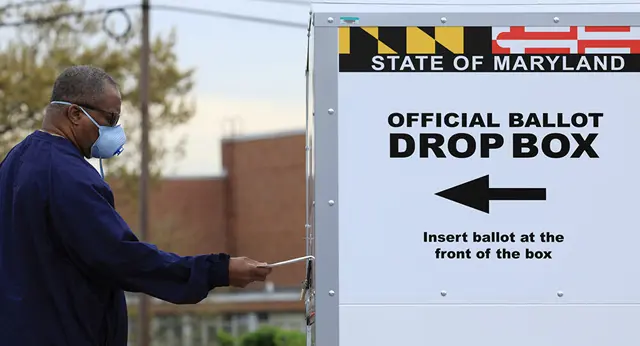Worries about purported foreign meddling in America's democratic processes are now being supplemented by concerns that the increased stress on the electoral system this year might allow criminals with less sophisticated tools to attack critical voting-related networks.
Federal and local authorities in the US have been dealing with all kinds of hacker attacks, including Ransomware, over the past few years, while not all of them were successful, several successful incidents might have a great impact on the US if they happen on the eve or the day of the November election, AP says, citing several government officials and advisories by federal agencies.
Officials admit that their concerns pertain not only to alleged attempts by other states to hack into critical US systems, but even to attempts by ordinary criminals, who often seek to earn money by demanding a ransom for encrypted government data held "hostage". The news agency brings up a December 2019 report by a cybersecurity firm, Emsisoft, saying that some 966 government entities had been attacked in recent years, leading to a loss of data, including medical and police records. Local American authorities are facing such hacker attacks on a "daily basis", Geoff Hale, a top election security official with Homeland Security told AP.
Still, it doesn't mean that the hackers will be able to easily tarnish the November vote, if they manage to at all. The FBI and Department of Homeland Security have already issued an advisory, cited by AP, which shows local authorities how to avoid attacks and how to mitigate damage from them, for example, by separating voting-related networks from other ones.
Some authortities are also drawing on their 2016 experience, the news agency said, and are taking steps to not only prevent a successful hack, but also to restore their operations quickly if they fail to do so. One such step is the creation of redundant voter registration databases stored in separate secure locations, ready to be pulled in case the main database is trashed by some ransomware virus.
(SPUTNIK)
 简体中文
简体中文







